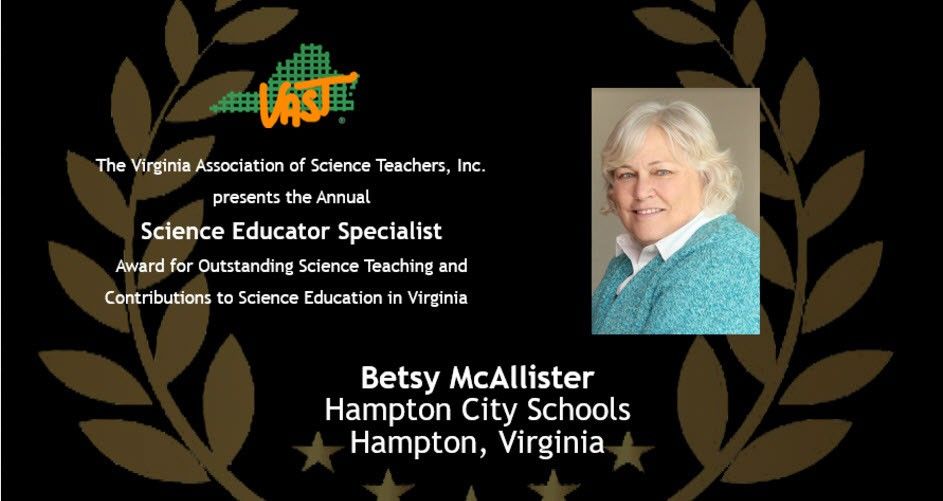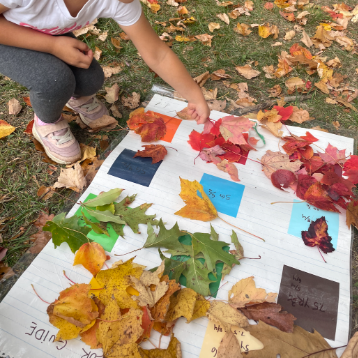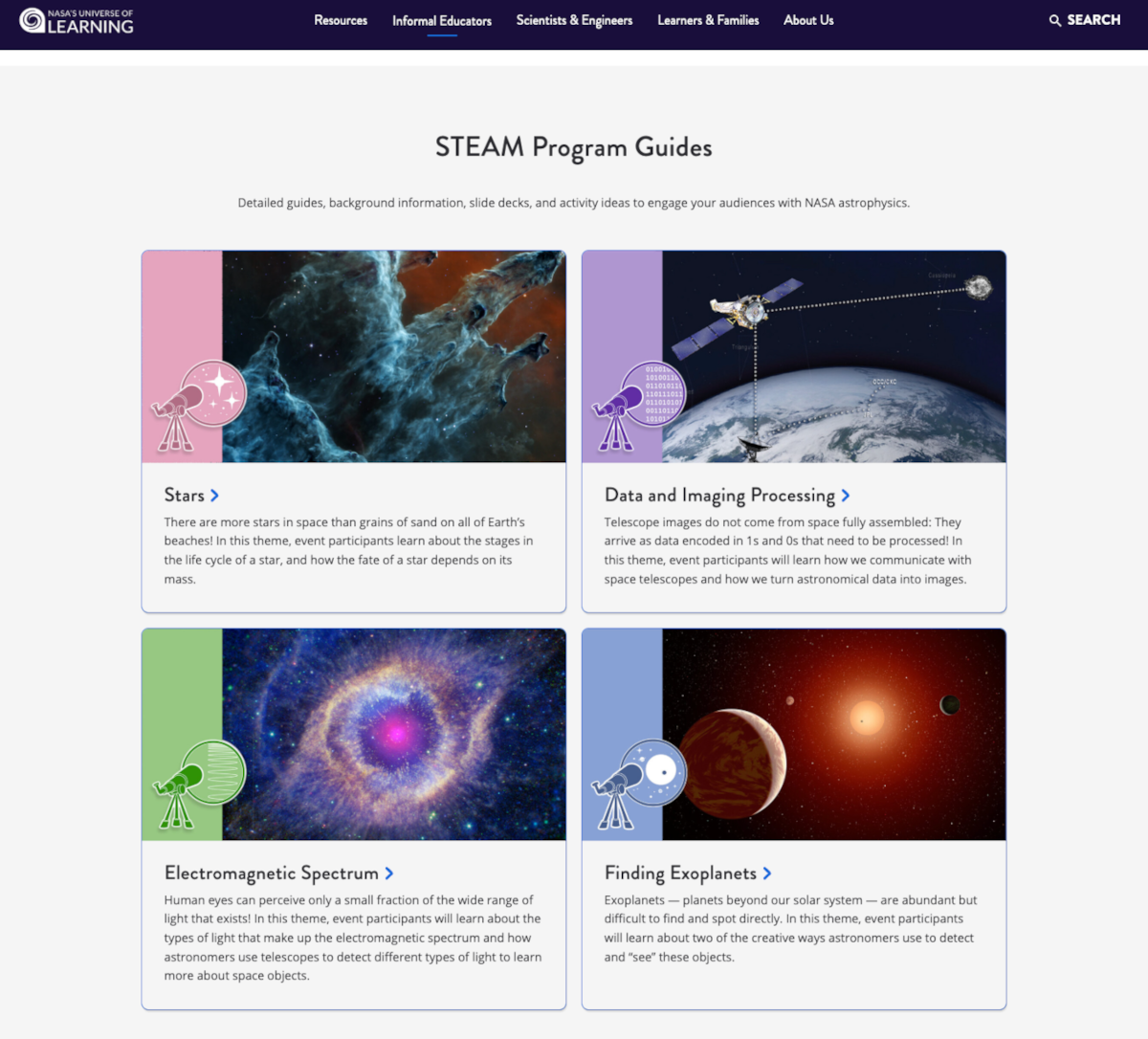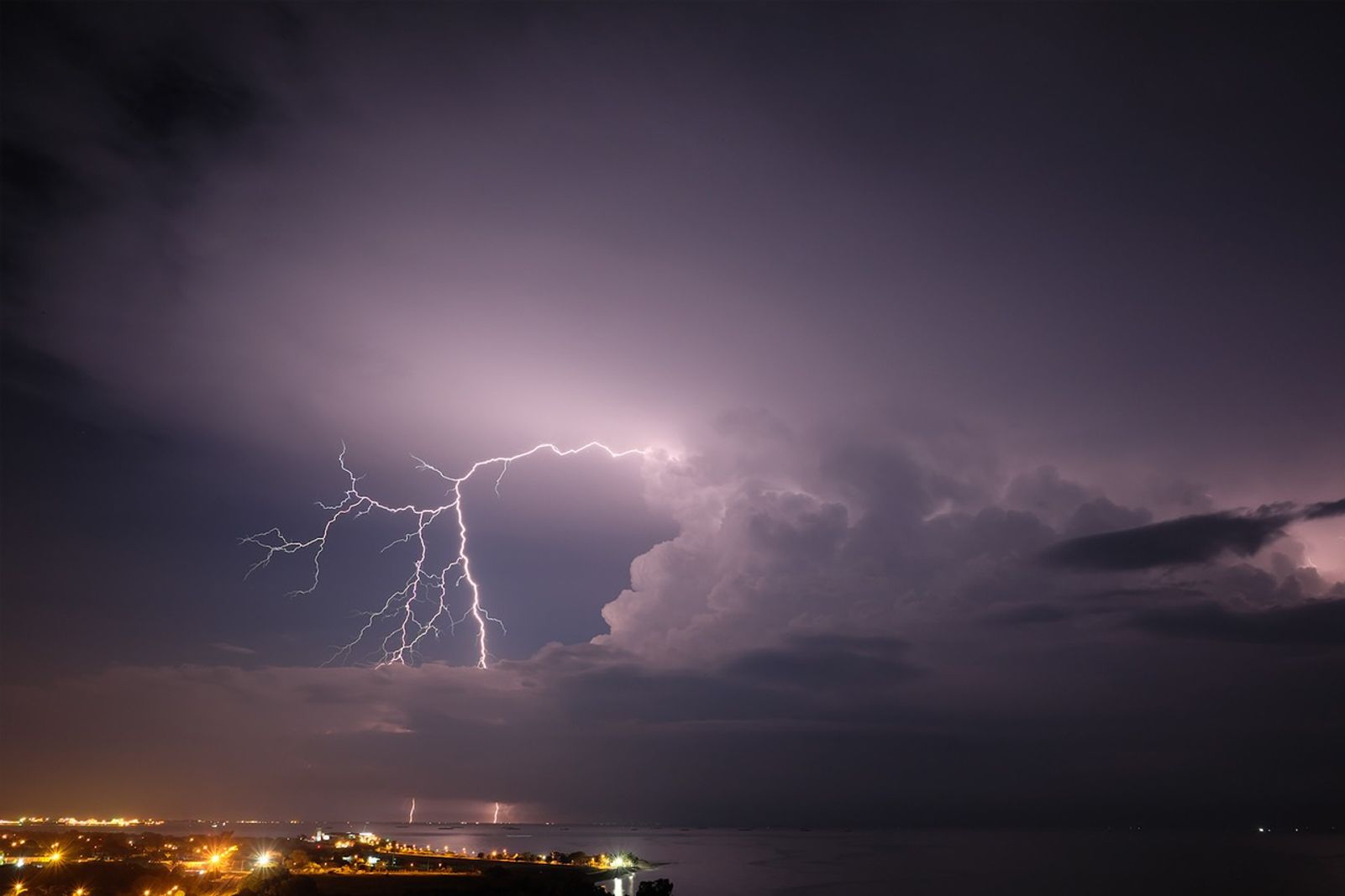On November 14, 2024, NASA eClips team member, Betsy McAllister, was recognized with the prestigious Virginia Association of Science Teachers (VAST) Science Educator Specialist Award at the 2024 VAST Annual Professional Development Institute. McAllister is an educator with Hampton City Schools in Virginia and Educator-in-Residence (EIR) at the National Institute of Aerospace’s Center for Integrative STEM Education (NIA-CISE).
Betsy earned this honor for her significant contributions to Science, Technology, Engineering, and Mathematics (STEM) education, having educated learners in formal and informal settings for over 30 years, 22 of those in the classroom. She taught 5th and 6th grade science, life and physical science, and gifted resource; she also served as a Science Teacher Specialist and STEM Teacher Specialist prior to her current position as EIR. In her EIR role with NIA, she is a key member of the NASA eClips team and works to bring NASA resources into the K-12 classroom while designing and aligning eClips resources with current curricula and pacing. She has been instrumental in creating strong collaborations between NASA and STEM-related organizations with Hampton City Schools and organizing community engagement experiences, such as their annual STEM Exploration Community Event.
In addition to her professional work with students, McAllister brings real-world learning opportunities to the public through volunteer roles as Commissioner with the Hampton Clean City Commission, a Peninsula Master Naturalist, and a Hampton Master Gardener. Congratulations, Betsy!
The NASA eClips project provides educators with standards-based videos, activities, and lessons to increase STEM literacy through the lens of NASA. It is supported by NASA under cooperative agreement award number NNX16AB91A and is part of NASA’s Science Activation Portfolio. Learn more about how Science Activation connects NASA science experts, real content, and experiences with community leaders to do science in ways that activate minds and promote deeper understanding of our world and beyond: https://science.nasa.gov/learn




































